#the brontes
Text
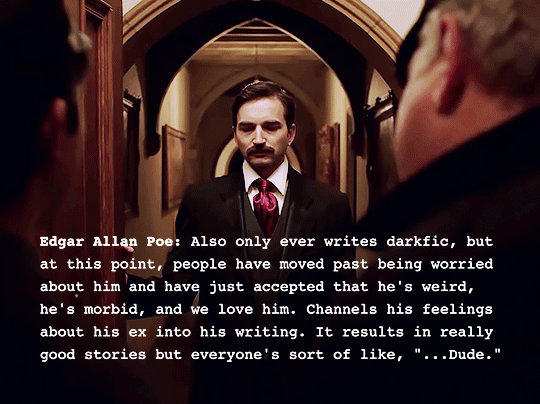
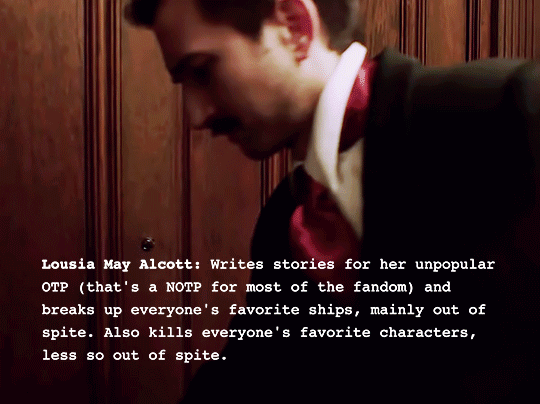

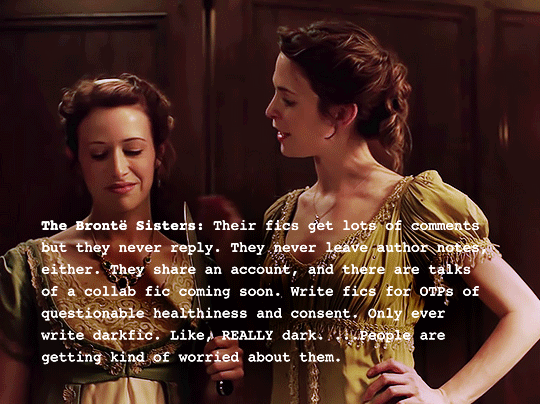
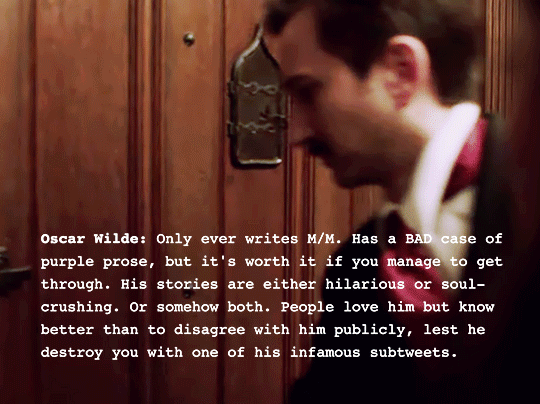
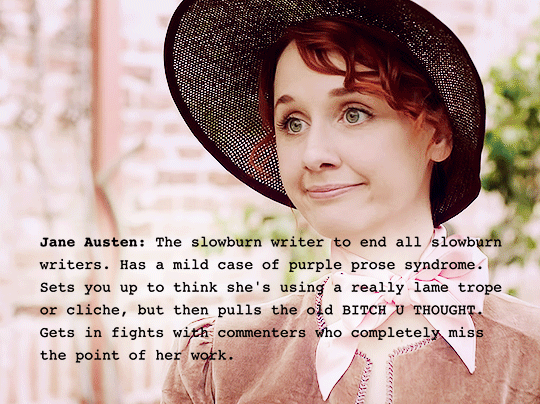
classic lit authors on ao3 [insp]
Edgar Allan Poe’s Murder Mystery Dinner Party [x]
#edgar allan poe's murder mystery dinner party#shipwrecked comedy#userthing#usercreate#perioddramaedit#edgar allan poe#sean persaud#louisa may alcott#mary shelley#the brontes#charlotte bronte#anne bronte#jane austen#oscar wilde#my edits#poepartyedit#writing#fanfiction#classic literature#tag yourself i'm jane austen XD#although more realistically right now i'm george r.r. martin (to clarify - the 'not writing!' part lol)
302 notes
·
View notes
Text
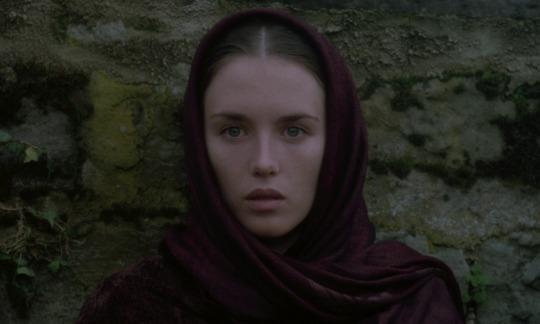
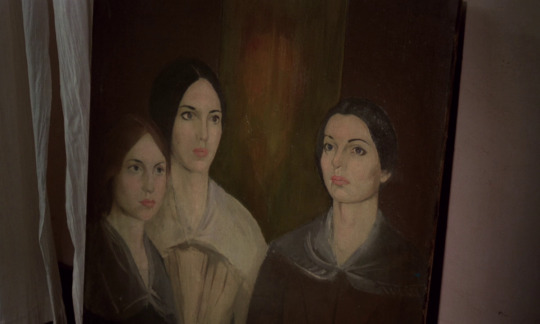
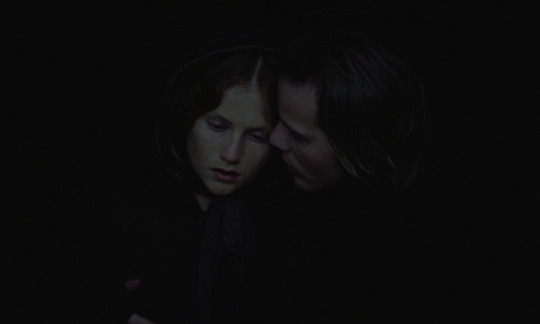




'Les Soeurs Brontë'/The Bronte Sisters (1979) dir. André Téchiné
#perioddramaedit#the brontes#the Bronte sisters#period dramas#cinema#charlotte brontë#emily bronte#anne bronte#I can't believe this film isn't more popular
349 notes
·
View notes
Text
On this day, 189 years ago: 16-year-old Emily Brontë and 14-year-old Anne Brontë write a diary entry:


November the 24
1834 Monday
Emily Jane Brontë
Anne Brontë
I fed Rainbow, Diamond Snowflake Jasper pheasant this morning. Branwell went down to Mr. Driver's and brought news that Sir Robert Peel was going to be invited to stand for Leeds. Anne and I have been peeling apples for Charlotte to make us an apple pudding and for Aunt nuts and apples. Charlotte said she made puddings perfectly and she was of a quick but limited intellect. Taby said just now Come Anne pilloputate (i.e. pill a potato). Aunt has come into the kitchen just now and said where are your feet Anne? Anne answered On the floor Aunt. papa opened the parlour door and gave Branwell a letter saying here Branwell read this and show it to your Aunt and Charlotte – The Gondals are discovering the interior of Gaaldine, Sally Mosley is washing in the back kitchen.
It is past Twelve o'clock. Anne and I have not tidied ourselves, done our bedwork or done our lessons and we want to go out to play. We are going to have for Dinner Boiled Beef, Turnips, potatoes and applepudding. The Kitchin is in a very untidy state. Anne and I have not done our music exercise which consists of b major. Taby said on my putting a pen in her face Ya pitter pottering there instead of pilling a potate. I answered O Dear, O Dear, O dear I will directly. With that I get up, take a knife and begin pilling (finished) pilling the potatoes. Papa going to walk. Mr. Sunderland expected.
Anne and I say I wonder what we shall be like and what we shall be and where we shall be if all goes on well in the year 1874 – in which year I shall be in my 54th year Anne will be going in her 55th year Branwell will be going in his 58th year And Charlotte in her 59th year hoping we shall all be well at that time we close our paper
Emily and Anne
November the 24 1834
#THE END??!?! kill me#none of them saw 1874#emily got her age wrong?#some editions contain all the original spelling/grammar errors#the bronte sisters#the bronte family#the brontes#anne bronte#emily bronte#cute#literature#english literature#letters#1800s#19th century#victoriana#victorian#thanksgiving#the brontë sisters#anne brontë#emily brontë#autumn#winter#cozy#cottagecore#dark academia
84 notes
·
View notes
Text
#booklr#the brontes#charlotte bronte#emily bronte#anne bronte#wuthering heights#jane eyre#the tenant of wildfell hall#agnes grey#villette#shirley#the professor
89 notes
·
View notes
Text

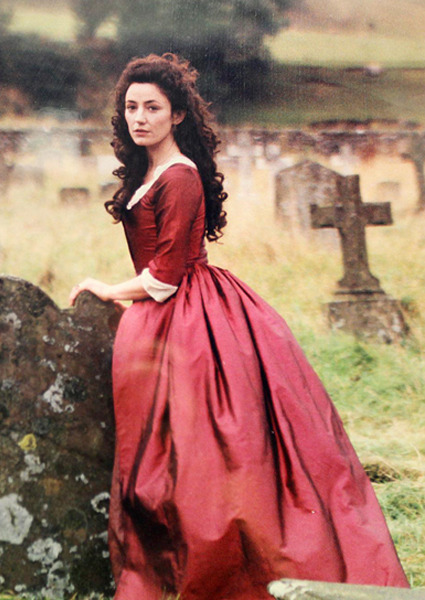

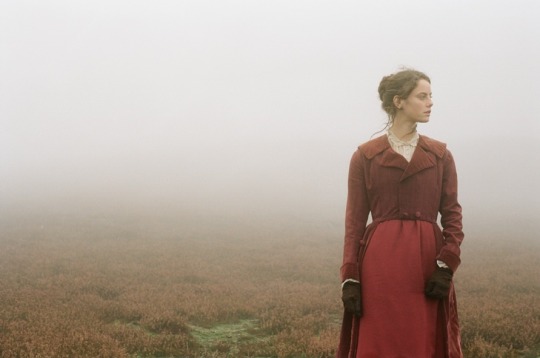
40 notes
·
View notes
Text
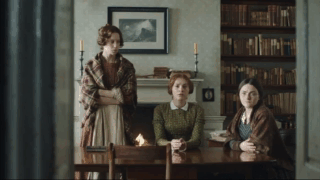
#charlotte brontë#emily brontë#anne brontë#bronte sisters#the brontes#19th century literature#english literature#gothic literature
45 notes
·
View notes
Text
#the brontes#charlotte bronte#emily bronte#anne bronte#jane eyre#wuthering heights#the tenant of wildfell hall
35 notes
·
View notes
Text
Some further comments on those Don Giovanni program notes I just reblogged:
(1) I do think the way the program notes apply each of the Seven Deadly Sins to the opera's non-Giovanni characters is interesting. I don't necessarily agree with all the choices, though. I would never think to name "envy" as Donna Elvira's sin: yes, she wants a man who isn't "hers" anymore, but she doesn't envy the other women he seduces, she tries to protect them from him. I'm not sure if I agree with their choice of "lust" for Donna Anna either. But I like the way they did it. If they had to choose "lust" as Anna's sin, I'm glad that instead of taking the popular route and imagining that she lusts after Don Giovanni, they claim that her fatal flaw was lust for Don Ottavio, because she let the man she thought was him into her bedroom, despite how unseemly that would have been in their time and place. I wouldn't mind seeing more productions take that view of her. The idea that she blames herself for her own sexual assault and her father's death because she gave too much into her passion for Ottavio is a valid one. It would explain why she refuses to let Ottavio console her or even think of marrying him until her mourning is done, without claiming that she doesn't really love him.
(2) It's interesting to see Lady Caroline Lamb's famous quote about Lord Byron, "Mad, bad, and dangerous to know," applied to Don Giovanni. It fits, of course, but it stands out for me because I've only seen that quote applied to one other man besides Byron himself. A man associated with moody Romantic literature because his sisters wrote it: Branwell Brontë. And I had just been thinking that Christopher Maltman's Don Giovanni in the 2008 Salzburg production – the Don who's slowly and painfully dying throughout the opera, but trying to pretend he isn't – reminds me of the stories of two of the Brontë siblings' deaths. First, Branwell, with his alcohol, drugs, and love affairs, the fact that he seems to have ignored his illness and stayed up and about in the village until just a few days before he died, and the legend that at the very end, either to emulate the Roman emperor Vespasian or just to prove the power of human will over bodily weakness, he insisted on getting out of bed and died standing up. (I don't know if that story is true or not, though – Charlotte's letters never mention it.) Second, Emily, who also stubbornly ignored her illness, refused to see a doctor or take medicine, and struggled to go about her normal life for as long as she was physically able. Of course they were dying of tuberculosis, not a bullet in the stomach. But I still imagine that for their sisters, their father, and the servant women Tabby and Martha, helplessly watching them was a process very much like what poor Leporello goes through in that Don Giovanni production.
#opera#don giovanni#thoughts#donna elvira#donna anna#the brontes#branwell bronte#emily bronte#tw: death
10 notes
·
View notes
Text
I think it is pretty interesting that in the story of Welsh Brunty (the probably made-up family history which is probably based on Wuthering Heights that the extended Brontë family told in late 19th century and posited as a probable inspiration for WH) Welsh Brunty is a sleazier and more unattractive variant of Heathcliff. Possibly an indication of how Heathcliff was seen in late 19th century?
36 notes
·
View notes
Text
rest in peace charlotte brontë i would've loved to talk about boys with you
2 notes
·
View notes
Text
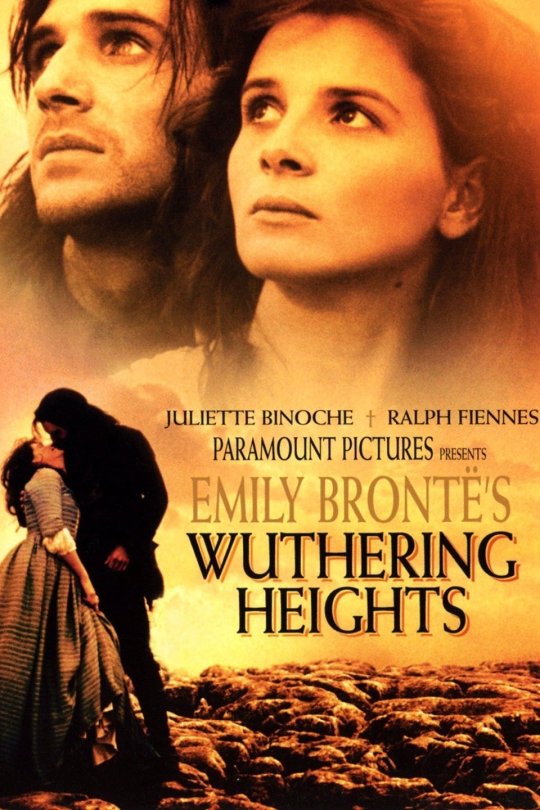
#wuthering heights#emily brontë#emily bronte#juliette binoche#ralph fiennes#movie poster#the bronte sisters#bronte#brontë#the brontes#the brontës#classic novels#classic literature#english literature#english lit
10 notes
·
View notes
Photo



EPISODE 12: THE BRONTË SISTERS
Reader: he interviewed them. Northern grit abounds in this fab new episode - starring THEE Sasha Aleksandra, Sarah Golding and Jasmine Ovenden as the iconic Brontë sisters!
Click on the link to listen, or find us wherever you get your podcasts.
https://anchor.fm/hg-wells-has-his-regrets/episodes/Episode-12-The-Bront-Sisters-e1pjj3b
#hg wells#hgwhhr#HG Wells Has His Regrets#classical literature#classical authors#classic fiction#the brontes#podcast#podcasting#podcast recs#Comedy PodCast#podernfamily#authors#audio drama#audio fiction#uk podcasts#uk audio drama#uk audio fiction#science fiction
9 notes
·
View notes
Text

shkhdjfjfg
#i support women’s wrongs#this is THE funniest thing i’ve read today and it’s not even 9 am#je me vengerai INDEED#how am i supposed to see this as anything but an admission of built on mme heger’s part like…girl you’re giving charlotte’s story credit#charlotte bronte#villette#literature#the brontes#charlotte brontë
46 notes
·
View notes
Text
Quickly and poorly reviewing and ranking adaptations of Jane Eyre (1996, 1997, 2006, 2011) by their pros and cons:
1996 pros:
Best fire scene, easily. It actually gave me that excited feeling that good cinema gives a person. Much of the cinematic art was enjoyable altogether, including the costumes.
This film probably has ond of the best Bertha's in my opinion. She's truly sympathetic, beautiful, and fierce. probably tied for my favorite Bertha actress with 2006. She and Poole are given little time in the story, however.
Most adaptations shit on St. John. Here, that isn't the case. What little time he has is spent in making him much more appealing than I've ever seen him, both physically and characteristically. I like this, because many forget that Jane did love him in her way, and he is supposed to be attractive and nice despite his zealotism.
1996 has the best Adèle, which is amazing for me as a big Adèle fan. There is more focus on her and her relationships with Jane/Rochester. I particularly love the scene where J draws R and Adèle tries to play cupid a little, and when Adèle is offended when the ladies insult Jane.
Best Lowood plot by far. This is the first time I've been able to stand the Young Jane scenes, and little time was devoted to her early life with the Reeds, just enough to let us know she was abused. I like this choice. The young actresses playing Jane and Helen were the best and most rebelious I've seen yet. Their hair cutting scene brought tears to my eyes, which rarely ever happens for me.
Good Blanche plotline. I absolutely love the cinematography/aesthetic & set design.
1996 cons:
the actors are individually endearing in some ways (the scene of Jane and the mirror is particularly touching, as is their reunion). However, The biggest downside to this adaptation is that the chemistry between Jane and Rochester was lacking in my opinion. this is particularly notable in their meeting scene and first proposal scene.
William Hurt is a fantastic actor, and he's likeable, but he's not my favorite Rochester ever. He's alright. On a rewatch I could see myself warming to him more.
I love Charlotte Gainsbourg more for her music than her acting. Granted, she was young here like Jane is supposed to be, so I do not blame her. Visually, aside from her height, I can absolutely see her as Jane. As the film went on I warmed to her acting style; Jane Eyre is a hard role to perform due to her inwardness. I don't think she was horrible, but Anna Paquin (of later True Blood fame) as Young Jane Eyre somewhat outshined Gainsbourg.
I was disappointed in Adèle being sent away to school before the disaster and her not coming back in the end (why couldn't they have had her running with Pilot in the landscape shot!!!).
1997 pros:
Maybe the most accurate Jane and Rochester. I wasn't expecting to like him at all but he blew me away. excellent chemistry between the actors. The dancing scene was very captivating, as was the scene with him jumping from the walkway, their outdoor talks, him chasing her down the stairs — really, I was impressed, because I thought I'd hate this film. Like in the novel and in 96, both actors are a bit conventionally unattractive (well, compared to 11 and to some extent 06) - and like them, the characters grow on you.
BEST ST. JOHN (although 2006 has the best Rivers sisters) - St. John is described as being nice though serious, and looking like a statue of a Greek God with all the coldness AND beauty - and this movie is the only one who relatively understood that assignment (96 came close emphasizing his niceness). Most adaptations adapt his coldness but not his conventional Eurocentric good looks, which not only symbolize his colonizer attribute but also his appeal to Jane and the others. It's also important to have a conventionally handsome actor play St. John just as it's important to have a conventionally less attractive Jane Eyre because one theme of the novel is the critique of Victorian physiognomy & beauty; Jane/Rochester being unconventionally attractive is a contrast to Bertha, St. John, Blanche, Georgiana being attractive, so I think this element is not inconsequential. The difficult part is that beauty is highly subjective, so relying on conventional standards is key, as is the reminder that Victorian standards were a bit different from our own.
good Lowood plotline, good Gateshead plotline, fantastic Adèle with lots of adorableness & miraculous though OOC bonding between her and Rochester, fantastic costuming (though I don't know about accuracy), good Blanche plotline overall. Probably my favorite Bertha plotline for being sufficiently creepy.
1997 cons:
this isn't really a con for me but many people may dislike 97 Rochester for being passionate to the point of coming off crazy, and physical domineering as when he grabs Jane when she tries to leave — however, this does kind of fit for canonical Rochester & I don't mind it since he's supposed to be that way, but this is still arguably a con nevertheless. he does come off as too forward but i get they were trying to capture the whole overpassionate thing. it does come off as a little more toxic than other depictions perhaps!
I have very few complaints overall. I don't think the chemistry is as appealing as 2006, but it is accurate. I wish there was more Adèle, but you can't have everything.
The posters are bad and make the actors look worse than they are which subsequently turns people away. I think 1996 was marketed a bit better but that 2006 also suffers from bad poster syndrome which had an effect on me also. Presentation is important; marketing and advertising are also important in cinema. The aesthetic isn't as good as 1996 although I don't think the visuals are bad overall.
Jane is a little dissociative seeming, which can be off-putting for myself and other viewers I assume, but to be fair she is described as being like a weird little elf creature in the book, and the actress plays this very well, actually looking quite ill when Rochester asks if she is.
2006 pros:
Best chemistry between Jane/Rochester by far and for this reason will always be my favorite because it actually made me fall in love with Rochester in the end though I didn't like his portrayal at all at first (that's power! — and my love for this Rochester should arguably be a con for the sake of my sanity and pride). best Rochester imo and a fantastic Jane. I love love love the way they did the Rochester storytime flashbacks and fleshed out his character as a result.
Best and most enjoyable Blanche Ingram plotline by far (although no one likes the lack of Rochester-in-drag, the party scenes & insertion of the twin flame theory was delightful).
some of the best dialogue, fantastic Adèle plotline, good Bertha plotline, best Pilot, best Rosamond, good costuming, good sets/locations (the fairytale ambience of Jane walking outside before meeting Rochester! Rochester's weird study!), I like the extra focus placed on themes such as nature/genetics/science, religion, travel, sexuality, etc.
2006 cons:
I dislike the way they did the Lowood and Gateshead plots, and although the Rivers sisters were good, I resent their St. John plotline for the most part. I disliked the lack of mystery surrounding Bertha; I think they made it way too obvious & not creepy enough, especially in showing her perspective from the window and giving her lines (one line, calling Jane a whore in Spanish) which no other adaptation does. I was sorely bored before and after Thornfield and only really revived when she got back to Ferndean (although Jane's flashbacks and some of the St. John plotline [the references to love, reminding us of her inner thoughts of Rochester] kept me alive). I suppose there were prices to pay for the excellence of the Jane and Rochester moments. - in comparison these seem like small prices, but still!
2011 pros:
deciding to go with a non-linear structure was a fantastic choice though I was skeptical of it at first, good St. John plotline for the most part & which they put emphasis on, really fantastic Jane with a lot of good fierce moments & lines, maybe the best Gateshead plotline including Mrs. Reed & the Red Room scene (although the lack of red was disappointing, and the lack of explanation for the chimney monster is conflicting – was it all in her head?), good young Jane, one of the best Richard Masons, star-studded cast, good dialogue, maybe the best costuming, Aesthetic™️
2011 cons:
least favorite adele (not insulting the child actress, this is the fault of the writers/directors)
— this is where i call security to protect me from an onslaught of jane eyre 2011 fans here on tumblr. alright, maybe i should watch it again — but i was expecting a lot more. particularly from michael fassbender as mr. rochester. probably my least favorite rochester by far & the least sympathetic. this rochester captures the dark and dangerous part of him but imo not so much the higher feelings that define him. the lack of humour & lack of unrepressed passion/drama/rage is noticeable - rochester isn't supposed to be quiet; as toby stephens (2006) said in an interview, rochester never shuts up in the book, he's really too eccentric to even be adapted accurately; he has to be toned down to be realistic, but here he's muted too far. - i felt like mia was carrying all of their scenes on her back & that the chemistry really rested on her primarily.
Cinematography-wise, there are some gems in the stills (famous hand holding gif), but I dislike the overall muted palette of the film; many will think this suits the tone and in some ways I agree, however, I will always prefer color and dislike the epidemic of desaturation we've seen so often in 21st century cinema. For this reason, 96, 97, 06 all triumph against 2011 aesthetically for me personally, although I still recognize some of the artistry of 2011, it is not my preference.
My overall ranking: 2006 (primarily for Jane/Rochester), 1997 (excellent overall), 1996 (good but flawed), 2011 (I tried but overall did not enjoy it).
#jane eyre#jane eyre 2011#jane eyre 2006#jane eyre 1996#jane eyre 1997#mr rochester#charlotte bronte#charlotte brontë#the brontes#movie reviews#film review#film comparison#film reviews#cinema#adaptations#critique#my analysis#my reviews#my opinion
41 notes
·
View notes
Text
My Brontë Book Collection
youtube
View On WordPress
2 notes
·
View notes
Text
"I envy you; your peace of mind, your clean conscience, your unpolluted memory".
Mr. Rochester to Jane Eyre on 'Jane Eyre' by Charlotte Bronte
4 notes
·
View notes